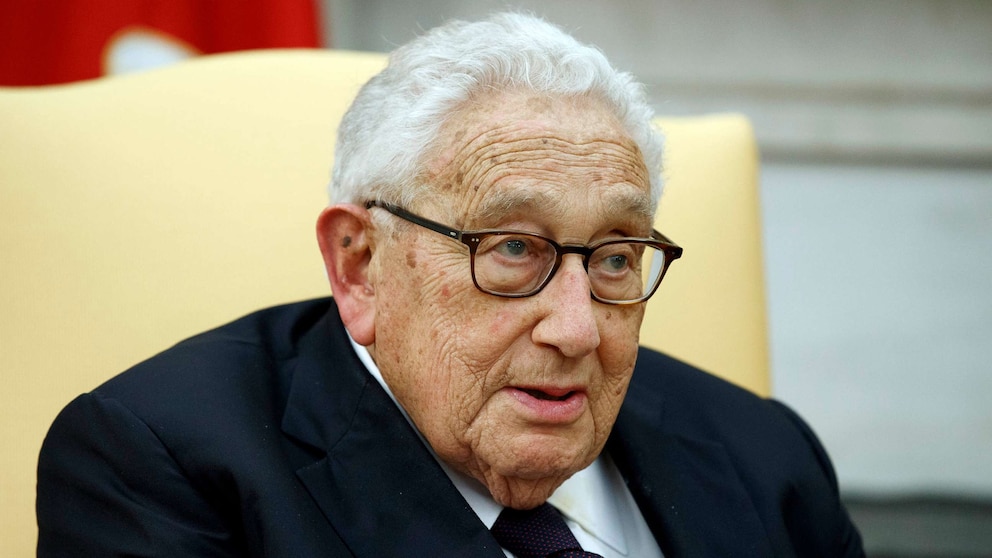Henry Kissinger, Renowned Former Secretary of State and Presidential Adviser, Passes Away at the Age of 100
Henry Kissinger, one of the most influential figures in American politics and international diplomacy, has passed away at the age of 100. As a former Secretary of State and presidential adviser, Kissinger played a pivotal role in shaping U.S. foreign policy during the Cold War era and beyond. His death marks the end of an era and leaves behind a legacy that will forever be remembered.
Born on May 27, 1923, in Fürth, Germany, Kissinger and his family fled Nazi persecution in 1938, immigrating to the United States. This experience undoubtedly shaped his worldview and fueled his determination to prevent such atrocities from happening again. After completing his education at Harvard University, where he earned a Ph.D. in government, Kissinger embarked on a remarkable career that would see him rise to prominence on the global stage.
Kissinger’s career in public service began in the 1950s when he joined the Council on Foreign Relations as a consultant. His expertise in international relations and his keen analytical mind quickly caught the attention of influential figures within the U.S. government. In 1969, President Richard Nixon appointed him as National Security Advisor, a position from which he exerted significant influence over foreign policy decisions.
One of Kissinger’s most notable achievements was his role in negotiating the Paris Peace Accords, which effectively ended U.S. involvement in the Vietnam War. His tireless efforts to bring about a peaceful resolution to the conflict earned him the Nobel Peace Prize in 1973, making him one of only a handful of diplomats to receive this prestigious honor.
In 1973, Kissinger was appointed Secretary of State by President Nixon and continued to serve in this capacity under President Gerald Ford until 1977. During his tenure, he played a crucial role in shaping U.S. foreign policy, particularly in regards to the Soviet Union and China. His policy of détente with the Soviet Union and his groundbreaking visit to China paved the way for improved relations between these countries and the United States.
Kissinger’s diplomatic skills and ability to navigate complex geopolitical landscapes earned him respect and admiration from leaders around the world. He was known for his pragmatic approach to international relations, often advocating for a balance of power and the pursuit of strategic interests. However, his realpolitik approach also drew criticism from those who believed it prioritized stability over human rights concerns.
After leaving office, Kissinger remained an influential voice in international affairs. He continued to advise presidents and world leaders, wrote numerous books on foreign policy, and served as a sought-after public speaker. His vast knowledge and experience made him a trusted source of insight and guidance for generations of policymakers.
Henry Kissinger’s passing marks the end of an era in American diplomacy. His contributions to U.S. foreign policy and his tireless efforts to promote peace and stability on the global stage will forever be remembered. As the world mourns his loss, it is important to reflect on his legacy and the lessons he leaves behind. Kissinger’s commitment to diplomacy and his unwavering belief in the power of dialogue serve as a reminder of the importance of international cooperation in an increasingly interconnected world.



